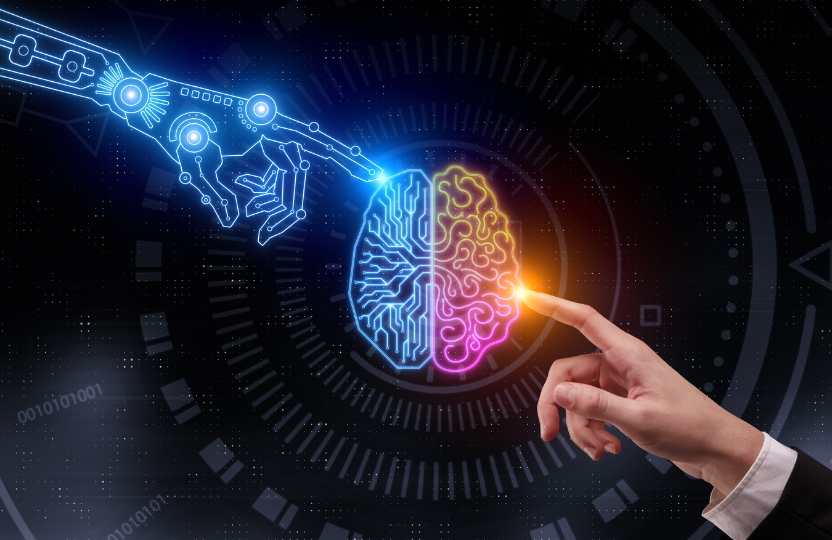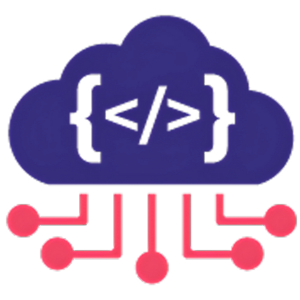
Which Programming Languages Are Used for Artificial Intelligence
In the realm of artificial intelligence, choosing the right programming language can make all the difference between a successful project and a frustrating experience. Whether you're a student taking your first steps into AI or an experienced developer looking to expand your toolkit, understanding which languages are most suitable for AI development is essential.
The AI Programming Landscape
AI development requires languages that can handle complex algorithms, process large datasets, and integrate with specialized libraries. Let's explore the most popular programming languages that have become the backbone of AI innovation.
Python: The Undisputed Champion
Python has emerged as the clear frontrunner in AI development. Its popularity isn't accidental – Python combines simplicity with power in a way few other languages can match.
What makes Python so special for AI work? First, its readable syntax makes it accessible to newcomers. You can write and understand Python code without wrestling with complex syntax, allowing you to focus on the AI concepts themselves rather than the quirks of the language.
Python's greatest strength for AI lies in its extensive ecosystem of libraries. Libraries like TensorFlow and PyTorch have become standard tools for building neural networks and other deep learning systems. Scikit-learn offers streamlined implementation of machine learning algorithms, while NumPy and Pandas provide robust data manipulation capabilities.
The language excels across various AI domains:
- Machine learning model development
- Natural language processing
- Computer vision applications
- Data analysis and visualization
Python's strong community support means you're never far from solutions to common problems or from finding tutorials to guide your learning journey.
Java: Enterprise-Grade AI Solutions
While Python may grab the headlines, Java remains highly relevant in AI development, particularly in enterprise environments where stability and scalability are paramount.
Java's "write once, run anywhere" philosophy makes it ideal for cross-platform AI applications. Its strong typing system catches errors at compile time rather than runtime, which can be crucial for mission-critical AI systems.
For AI development, Java offers solid libraries including:
Java shines in specific AI applications such as:
- Building robust chatbots
- Implementing neural networks
- Creating AI-powered search algorithms
- Developing AI features for mobile applications
R: The Statistical Powerhouse
When AI work centers on statistical analysis and data modeling, R programming language often becomes the tool of choice.
R was designed by statisticians for statisticians, which gives it unique strengths for certain AI applications. Its specialized focus on statistical computing makes it particularly valuable in:
- Predictive modeling
- Financial analysis
- Healthcare data processing
- Business analytics
R integrates well with Python, allowing teams to leverage both languages' strengths in their AI workflow.
C++: When Performance Matters Most
For AI applications where processing speed and memory efficiency are critical, C++ remains unmatched. This language powers:
- Real-time AI systems in robotics
- High-performance computer vision
- Speech recognition systems
- Gaming AI where response time is crucial
The trade-off is complexity – C++ has a steeper learning curve than Python, but the performance gains can be worth it for specific applications.
Lisp: The AI Pioneer
Lisp holds a special place in AI history as one of the earliest languages associated with artificial intelligence research. Though less commonly used in modern commercial applications, it still offers unique capabilities for:
- Symbolic AI systems
- Knowledge representation
- Rapid prototyping of AI models
The trade-off is complexity – C++ has a steeper learning curve than Python, but the performance gains can be worth it for specific applications.
| Language | Strengths | Best For | Learning Curve |
|---|---|---|---|
| Python | Ease of use, extensive libraries, strong community | General AI development, beginners, rapid prototyping | Low |
| Java | Stability, enterprise integration, platform independence | Production systems, mobile AI, large-scale applications | Moderate |
| R | Statistical analysis, data visualization | Data-heavy AI, statistical modeling | Moderate |
| C++ | Performance, memory control, speed | Real-time AI, resource-intensive applications | High |
| Lisp | Symbolic processing, dynamic typing | Academic AI research, symbolic reasoning | High |
Getting Started With AI Programming
If you're new to AI development, here's how to approach learning these languages:
For Beginners: Python First
Python offers the gentlest introduction to AI concepts. Start with the basics of the language, then gradually explore libraries like NumPy and Pandas before moving on to machine learning libraries like Scikit-learn.
Once you're comfortable with the fundamentals, try working through some practical machine learning projects to solidify your knowledge.
For Those With Programming Experience
If you already know how to code in other languages, assess your AI project requirements:
- Need statistical analysis? Consider learning R alongside Python
- Working in an enterprise environment? Java might be your best bet
- Building systems where performance is critical? C++ could be worth the learning investment
Python's strong community support means you're never far from solutions to common problems or from finding tutorials to guide your learning journey.
The Regional Perspective: AI Development in Bihar
For developers and students in Bihar interested in AI, local educational institutions like IIT Patna are increasingly offering specialized courses in AI programming, with a particular focus on Python.
The growing tech community in cities like Patna and Bhagalpur is creating more opportunities for AI professionals. Local startups are particularly interested in AI applications for agriculture, healthcare, and education – areas where Python's accessibility makes it an excellent starting point.
Looking Forward
As AI continues to transform industries, the demand for programmers skilled in these languages will only grow. Whether you're interested in building machine learning models, natural language processing systems, or computer vision applications, mastering these programming languages will open doors to exciting opportunities.
Start Your AI Journey Today
Ready to begin exploring AI development? The journey starts with choosing the right programming language for your goals:
- For most beginners, Python offers the smoothest entry point
- If you're coming from a statistics background, consider R
- Enterprise developers might want to leverage their Java knowledge
- Performance-critical applications might require C++
What AI application are you most interested in building? The answer to that question might help determine which language you should learn first.


Are you ready to join the AI revolution? Share your thoughts or questions about programming languages for AI in the comments below!
Looking to enhance your programming skills for AI development? Check out our comprehensive courses designed specifically for aspiring AI developers.
Admin
The author is a seasoned Data Analyst with 10 years of professional experience. A technical student himself, he brings deep insights into data-driven decision-making. He has also conducted orientation sessions in various engineering colleges, sharing his expertise and inspiring the next generation of tech professionals.





